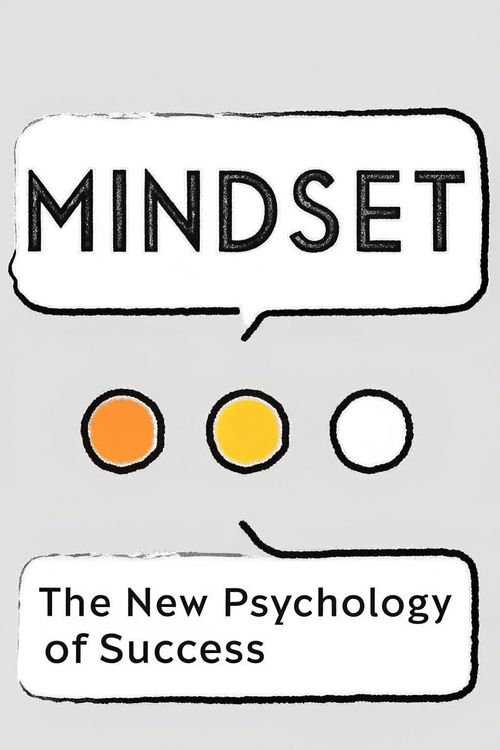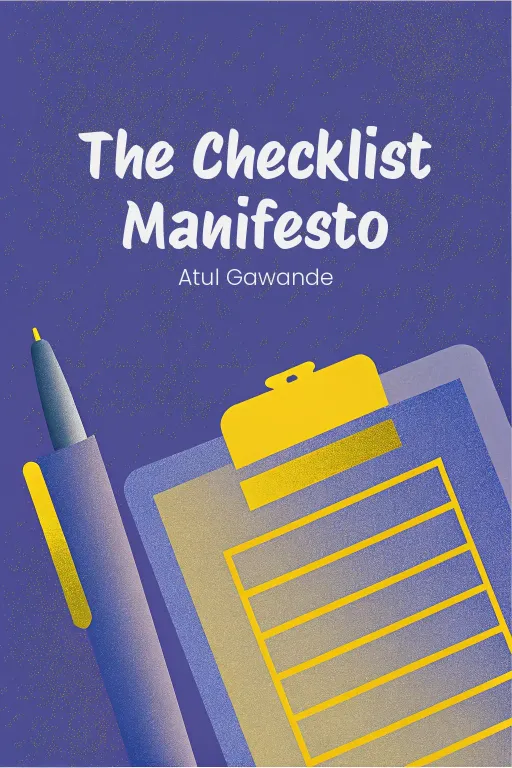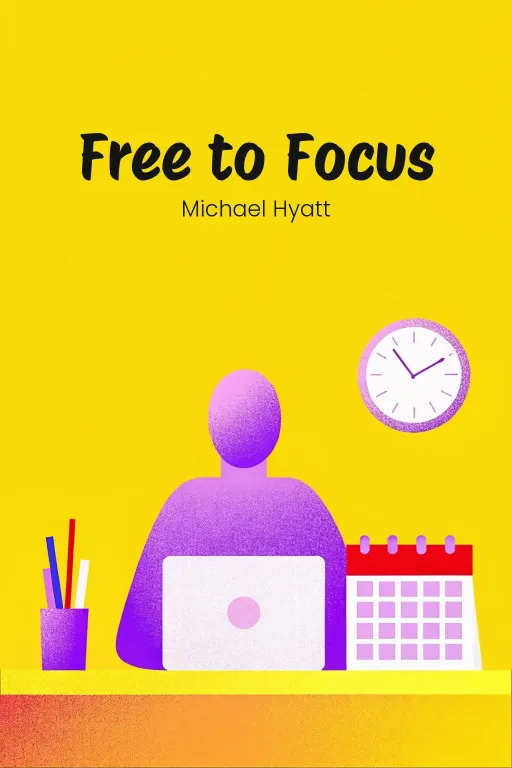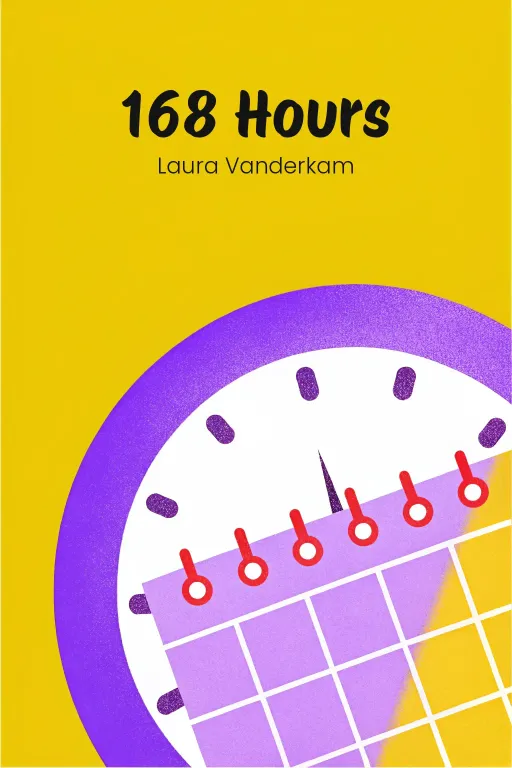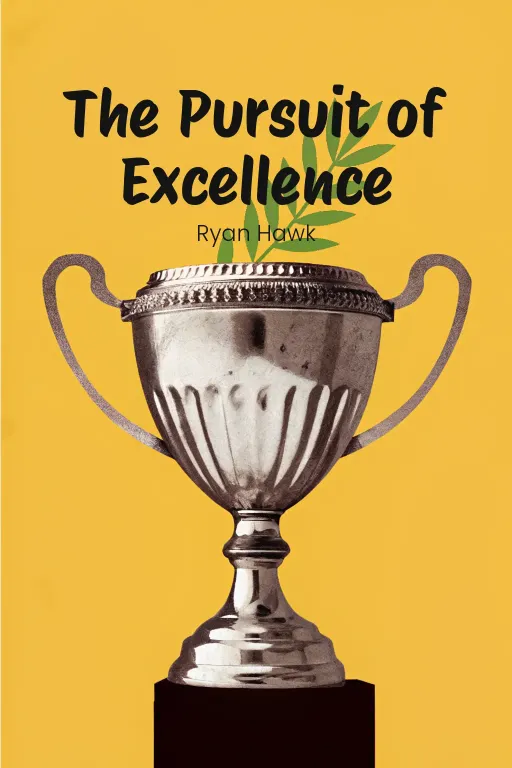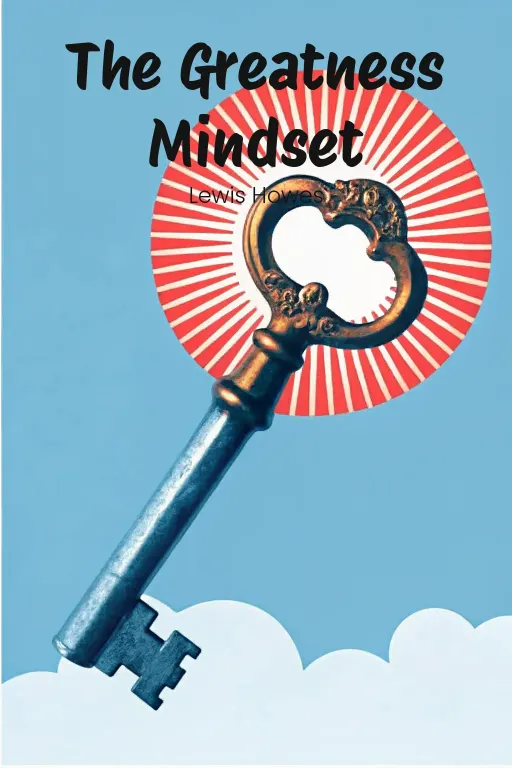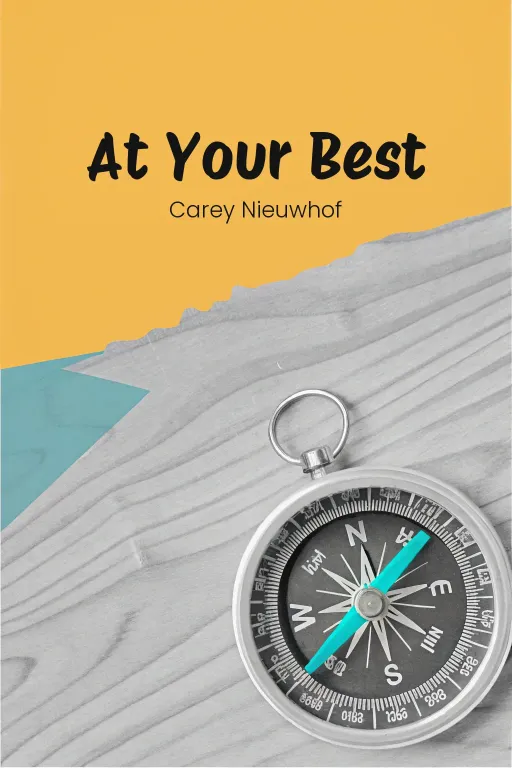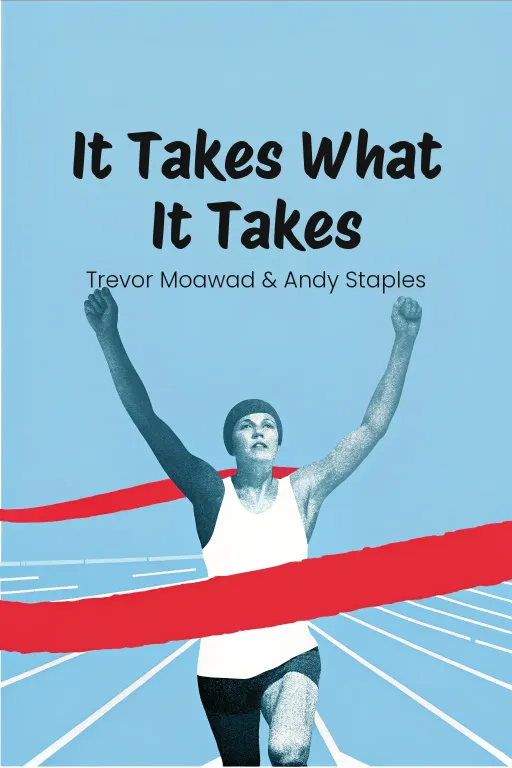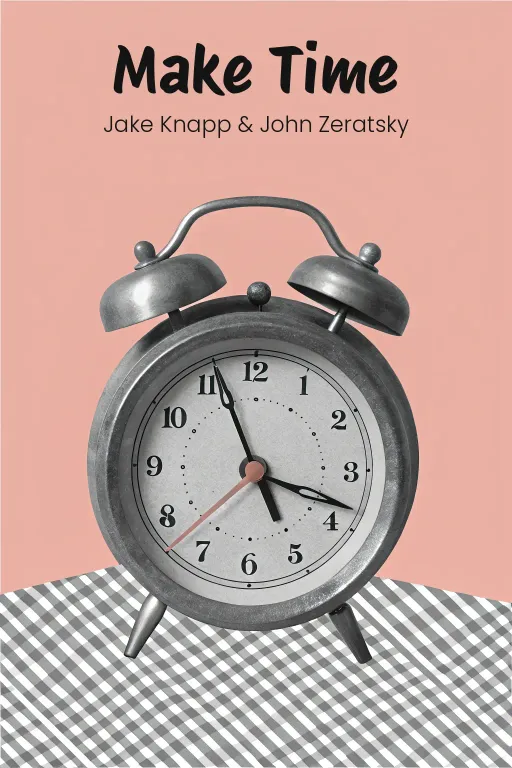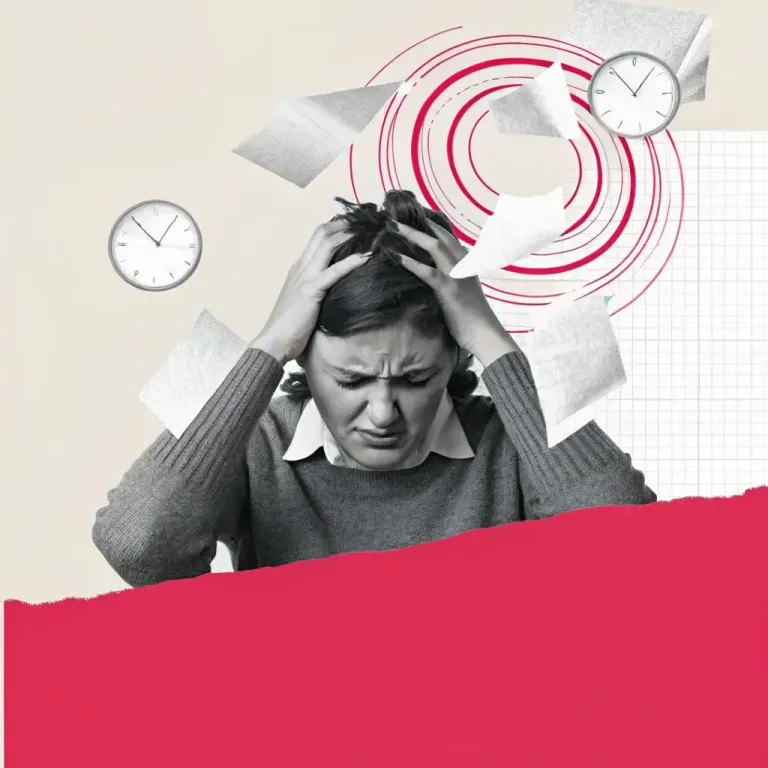
Escape the Grind: Reclaim Your Time Now!
Podcast by Beta You with Alex and Michelle
Work, Love and Play When No One Has the Time
Introduction
Part 1
Alex: Okay, quick question: when was the last time you genuinely felt like you had “enough” time? You know, time to just think, breathe, maybe even have some fun? If you’re struggling to remember – or laughing at how ridiculous that sounds – then this episode is definitely for you. Michelle: Absolutely. We're jumping right into Brigid Schulte’s Overwhelmed: Work, Love, and Play When No One Has the Time. And, honestly, the title says it all. Schulte really nails the feeling of modern life, especially for working parents who are just swamped by endless expectations – and, let's be real, way too many emails. Alex: Her book really digs into why so many of us feel stuck in this constant rush. She looks at everything from our crazy packed schedules to old-fashioned ideas about work and gender, really getting to the root of it. But it's not all bad news – she also offers some hope for how we can actually make changes, using research, examples from around the world, and even what science tells us about our brains. Michelle: Right, and today we’re going to unpack all of that. First off, we're hitting the whole cultural obsession with being busy and why it’s somehow become this strange status symbol. I mean, what's that about? Alex: Then, we'll dive into something we all deal with but rarely talk about – those little bits of free time that end up leaving us feeling, well, not exactly relaxed or recharged. Michelle: Exactly. And finally, we’ll look at the societal pressures fueling this, particularly how parents often get caught in the middle. Consider this episode a chance to really look at how you spend your time, and to ask some important questions: Are we truly out of time, or is it more that our lives are just… misaligned? Alex: And more importantly, what can we do to actually take back control? So, let’s dive in.
Time Scarcity and the Myth of Busyness
Part 2
Alex: Okay, Michelle, so let's dive into this "busyness as a status symbol" thing. I mean, seriously, “when” did being swamped become a brag, right? Michelle: Right? I'm dying to know. Alex, seriously, when did we start acting like we’re auditioning for the "Most Overworked Person" award? Alex: Well, Brigid Schulte nails it, I think. She points out how deeply ingrained this obsession is in our culture, you know? That somehow, your worth is tied to how insane your schedule looks. She calls it out as this societal narrative, equating nonstop activity with importance – and it’s “especially” bad for working parents. Really makes you think, doesn't it? Michelle: Totally. And her stories, like running out in mismatched shoes… <Laughs> It’s funny 'cause it’s true! It's that frantic, chaotic energy that just becomes normal. Alex: Exactly! And it’s as much about “appearing” busy as actually “being” busy. It becomes a way of signaling value, like you're saying, "Hey, look how in-demand I am!" But here’s the kicker – it’s not about whether those tasks are actually meaningful. It's about volume, not quality, which is a crazy distinction, when you actually think about it. Michelle: And it is “exhausting.” The thing I found fascinating was how this whole "busy = important" thing makes it impossible to enjoy downtime without feeling guilty. I mean, even if you get a break, you're either too tired to enjoy it, or you're wrestling with this voice saying, "Shouldn't you be doing something productive?" Alex: Absolutely. And Schulte links that to "time confetti," which I found so interesting. Sociologist John Robinson uses it to describe how our free time isn’t really “free”, is it? It’s just these tiny, fragmented moments scattered throughout the day that never quite add up to anything restful. Michelle: Hang on, "time confetti." So, instead of an actual hour to read or chill, you get, like, five minutes here, ten there... And your supposed "relaxation" is constantly interrupted by emails, Instagram, whatever. You're never really “off”. Alex: Exactly! And that fragmentation is what fuels the myth of time scarcity. The research Robinson does – using time diaries to really see what people are “actually” doing – is just amazing. Turns out, a lot of people have more leisure time than they think... it's just broken up and clouded by this feeling of obligation. Michelle: Right, those time diaries! So, folks log “everything” they do, then reflect on it. Alex: Yep. And the results are often eye-opening. Like, she talks about a professional woman who felt her evenings were just swallowed by work and chores. But when she looked at her diary, she found these little pockets – ten minutes after dinner, fifteen before bed – where she could've actually, like, “relaxed”. But the pressure to be "on" just made those moments disappear. Michelle: That's rough. I mean, how many times do “we” swear we have no time, then realize we spent half an hour doomscrolling or watching TV reruns? Alex: So true. It’s not just wasted time, it’s how we think about leisure itself. We're conditioned to see it as selfish when there's a to-do list staring us down. Schulte shares the story of a worker who finally had a free Saturday afternoon, but just couldn't relax, you know? Ended up running errands 'cause he felt this need to "stay productive." Michelle: That's bleak! So, even when we get the Holy Grail of modern life – free time! – we feel guilty about enjoying it. Alex: That’s the trap of glorifying busyness. It leaves us feeling like downtime has to be "earned." When you're not checking off boxes, it’s like you're having an existential crisis, wondering, "What am I “doing” with my life?" Michelle: Which gets to the perception-versus-reality gap, right? Because Schulte's saying we “can” reclaim some time; it’s just that we don't realize it's even there. Time diaries are one option, but she mentions mindfulness too. Alex: Yes! Mindfulness is just being present with your time. Instead of multitasking or jumping from thing to thing, you focus on “one” activity. Got ten minutes? Maybe you truly listen to a song, or step outside—instead of checking emails. Michelle: Sounds easy, but it’s hard in a culture that tells you to “always” be hustling. Alex: Totally. Which is why mindfulness works, though! It’s not about finding extra hours “in” your day, it’s about being intentional with the time you “already” have. Michelle: So, maybe the problem isn't that we don’t have enough time. Maybe we've forgotten how to “value” the time we “do” have.
Conclusion
Part 3
Alex: Well Michelle, I think this is the perfect spot to wrap things up. Today we really dove into that common myth of busyness, didn't we? We talked about Schulte's concept of “time confetti,” and how this feeling of always being short on time kind of traps us in this endless cycle of exhaustion and guilt. Michelle: Right, and we exposed how our culture tells us that being busy equals being valuable. Plus, all those little snippets of free time? They often leave us feeling more drained than when we started. The real thing is, it's not that we don't have the time, it's that we're just not aware of where it's actually going, and how society pressures us to spend it a certain way, consciously or unconsciously. Alex: Exactly! Schulte’s research really brings home the idea that finding time for ourselves starts with questioning these stories we've been told all along. Rest, play, and doing things with intention aren’t extras – they’re essential. Reclaiming our time isn’t about squeezing more into our day; it’s about rethinking what's truly important to us. Michelle: So, here's the real challenge, everyone: think about your “time confetti” for a second. What would happen if you gathered all those little pieces and made something intentional and meaningful out of them? Maybe it's a walk outside, reading a chapter of that book you keep meaning to read, or simply sitting quietly for five minutes, you know? Alex: And let’s remember, taking back your time isn’t selfish at all. It’s actually a pretty radical act in a culture that praises being constantly busy. Like Schulte says, just naming the problem is the first big step toward fixing it. So let’s ditch this idea of busyness as something to be proud of, and start creating lives that feel complete. Michelle: Couldn’t have said it better myself. So until next time, everyone, just take a deep breath, pause for a moment, and give yourself some space to simply be. Alex: Thanks for tuning in, everyone! Talk to you next time.
